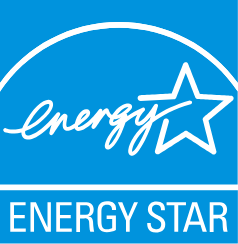Ways to Save
Saving energy
Today, the most affordable form of new energy is conservation — using what we already generate as efficiently as possible.
Energy saving tips
Electricity works hardest to heat and cool our homes. Here are some simple tips to help reduce your energy use.
Winter tips
 PREPARE YOUR HOME
PREPARE YOUR HOME
- Schedule a service visit for your central heating system to see what maintenance is required to keep it operating efficiently.
- Ensure your central heating system has a properly fitted and clean air filter installed.
- If you have a heat pump, avoid switching your system to "E Heat" or "Aux Heat" as most heat pumps can provide heat to your home even as temperatures dip into the low teens.
- Close or plug your foundation vents. This will keep your home warmer and help protect against frozen water pipes.
- Check the weather stripping on exterior doors and windows. Adjust or replace if worn or missing.
- Cover drafty windows and permanent wall-unit air conditioners by using a heavy-duty clear plastic. The plastic should be sealed tightly to reduce cold air entering your home.
- As colder temperatures arrive, close drapes in the evening and on overcast days to help retain heat within your home. Ensure your drapes do not obstruct heat registers.
 FANS
FANS
- Use ceiling fans to gently direct rising heat downward. This makes the room feel warmer without turning up the heat.
 ADJUST THE TEMPERATURE
ADJUST THE TEMPERATURE
- When you are home and awake, set your thermostat as low as comfortably possible.
- When you are asleep or out of your home, turn the thermostat down even further. A programmable thermostat can help you adjust your heat to match your schedule. If you have a heat pump, it is recommended to not drop your thermostat lower than 4°F below your normal heat setting.
- Lower the heat setting on your water heater. The U.S. Department of Energy estimates that 18 percent of a household's energy consumption is from water warming. Keeping your temperature at 120°F will help you see small changes in your energy bill.
 LIGHTING CHOICES
LIGHTING CHOICES
- Replace incandescent lighting with energy-efficient LED lights.
- Use timers and motion sensors to reduce the operating hours of interior and exterior lights left on for security purposes.
Summer tips
 TEMPERATURE
TEMPERATURE
- If you have air conditioning, set your thermostat as high as comfortably possible. A recommended 78 degrees if you are home and warmer if you are away.
- Reduce your electric water heater to 120 degrees.
 FANS
FANS
- Use ceiling and other portable room fans to increase your cooling efficiency without having to lower your thermostat. Be sure to turn any fans off when you leave the area as they are made to cool people and not rooms.
 AIR CONDITIONING (A/C)
AIR CONDITIONING (A/C)
- Have your A/C or heat pump serviced regularly to maintain its best efficiency and capacity.
- Clear weeds or other items around outdoor units.
- Clean or replace your cooling unit filters regularly to maximize their efficiency.
 WINDOWS
WINDOWS
- Block sunlight entering your home using curtains or window shades.
- Open your windows at night to let in cooler air. Be sure to close any open windows by mid-morning to hold the cool air in.
 COOKING
COOKING
- Plan meals that can be made on a grill, in the microwave or prepared in advance to avoid using the oven or stove during the hottest part of the day.
 CLEANING
CLEANING
- Wash laundry and dishes with full loads. Wash laundry loads on cold cycle.
- When possible, air dry clothes outdoors and cancel the drying cycle on your dishwasher to let items air dry.
 LEAKS
LEAKS
- Sealing air leaks around windows and doors can save energy and money. Check for drafts around windows, doors and seals. Replace worn weather seals and/or caulk gaps where you feel drafts.
- If you suspect air ducts are leaking, contact an HVAC contractor for duct sealing options.
Calculate your use
How much energy do my electrical appliances and equipment use?
This calculator estimates the cost to run your appliances each month. We hope it offers insight into where you can save. Give it a go! Click on the appliances used in your home. Scroll down below the list and type in the hours in the box that pops up to calculate your costs.
-

Baseboard Heater
1500 Watts (6ft)/hr -
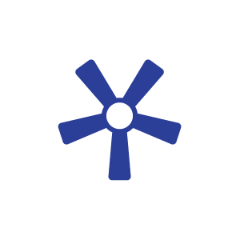
Ceiling Fan
75 watts/hr -
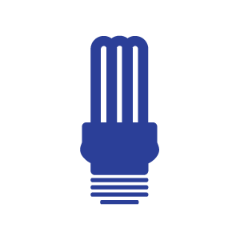
CFL Bulb
14 watts/hr -
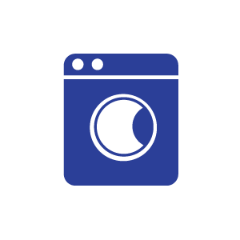
Clothes Dryer
3400 watts/hr -
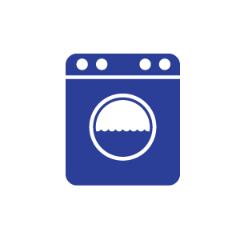
Clothes Washer
429 watts/hr -

Computer
400 watts/hr -
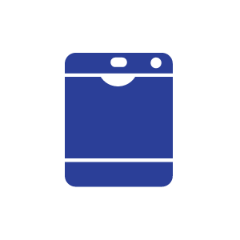
Dishwasher
1800 watts/hr -

Freezer
273 watts/hr -
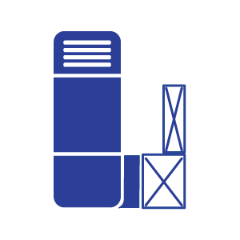
Electric Furnace
17221 watts/hr -
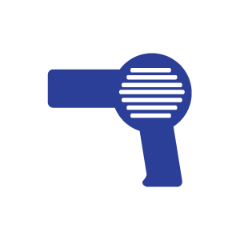
Hair Dryer
1538 watts/hr -
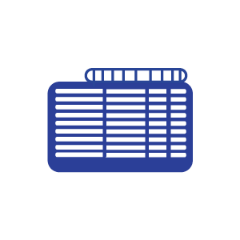
Heat Pump
9000 watts/hr -

Incandescent Bulb
60 watts/hr -

Incandescent Holiday Lights
500 Watts/hr (100 string) -
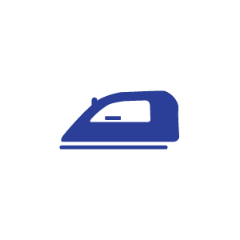
Iron
1500 watts/hr -

Laptop
50 watts/hr -

LCD TV
213 watts/hr -
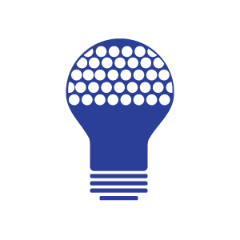
LED Bulb
12 watts/hr -

LED Holiday Lights (100)
60 watts/hr -

Microwave
1500 watts/hr -

Monitor
150 watts/hr -

Plasma TV
339 watts/hr -

Portable Fan
100 watts/hr -
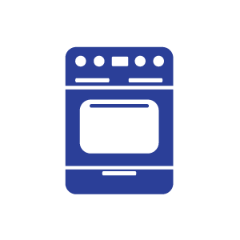
Wall Oven
5000 watts/hr -

Refrigerator
188 watts/hr -

Room Air Conditioner
5000 watts/hr -
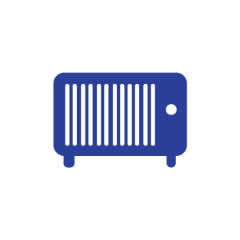
Space Heater
1500 watts/hr -

Standard TV
150 watts/hr -
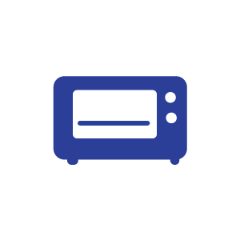
Toaster Oven
1200 watts/hr -
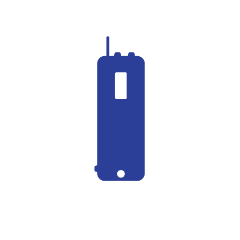
Water Heater
4500 watts/hr -
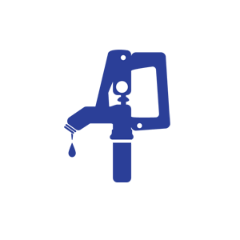
Well Water Pump
1000 watts/hr (per HP)
| APPLIANCE | WATTS | HRS/MONTH | COST |
|---|---|---|---|
| Click an icon above to add appliance | 000 | enter | $0.00 |
| TOTAL: | 000 | 000 | $0.00 |
Clear all
| APPLIANCE | WATTS | HRS/MONTH | COST |
|---|---|---|---|
| TOTAL: | 000 | 000 | $0.00 |
Calculate approx monthly cost to run appliances
- Click an icon to see it appear in the box below
- Enter amount in Hrs/Month for approx cost
- Select additional appliances to compare

